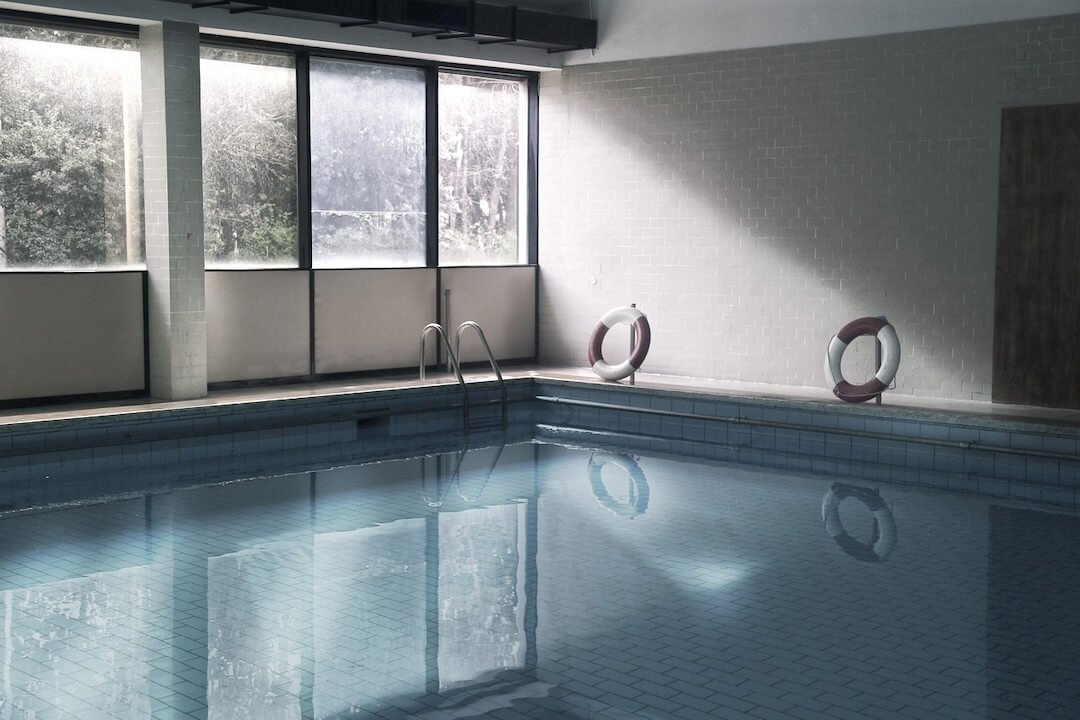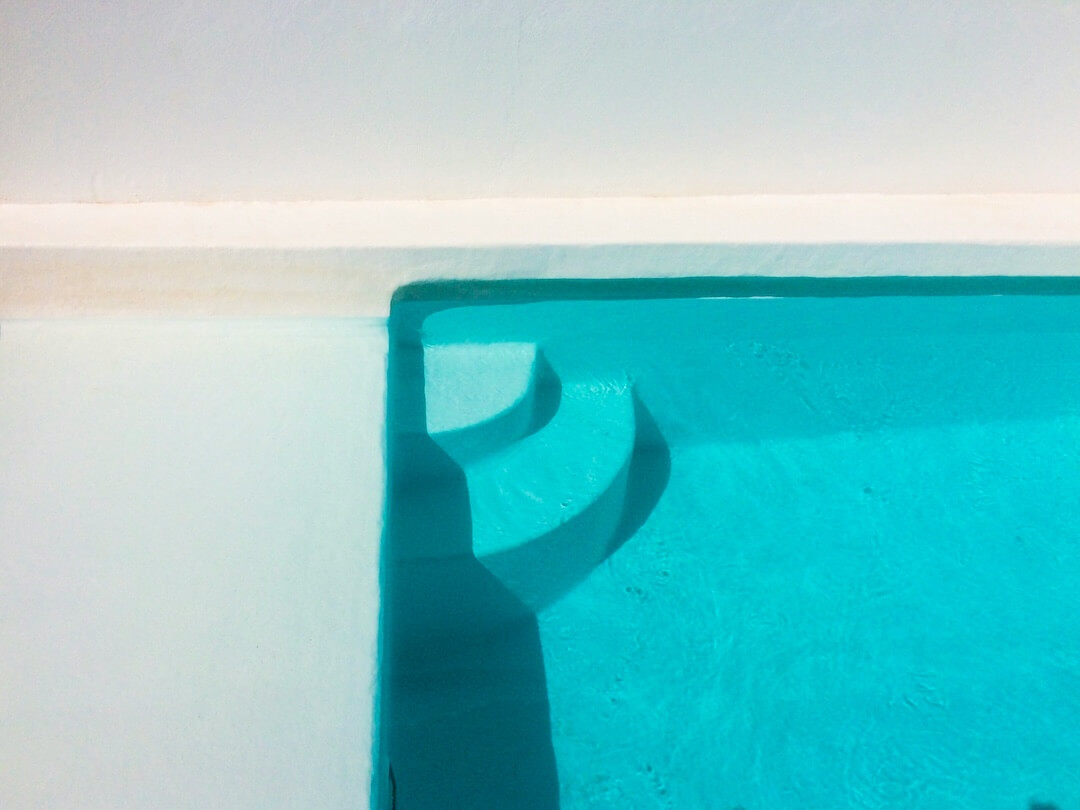Troubleshooting Cloudy Pool Water

Troubleshooting Cloudy Pool Water
If you’re a Fort Lauderdale pool owner, you know how vital it is to keep your water crystal clear. Cloudy pool water not only looks unappealing but can also pose health risks if left unaddressed. Fortunately, most cases of cloudy water are solvable with proper troubleshooting and maintenance. In this comprehensive guide, we’ll walk you through the common causes of cloudy pool water in Fort Lauderdale and how to fix them effectively, ensuring your pool remains inviting and safe for your family and guests.
Common Causes of Cloudy Pool Water in Fort Lauderdale
Understanding the root causes of cloudiness is the first step toward effective troubleshooting. Several factors unique to Fort Lauderdale’s climate and water conditions can contribute to cloudy pools. These include poor water chemistry balance, algae growth, filtration issues, and debris buildup.
One of the primary contributors is imbalanced water chemistry. In Florida’s warm climate, maintaining the correct pH, alkalinity, and sanitizer levels is critical because high temperatures accelerate chemical reactions, leading to instability. Low sanitizer levels can foster algae blooms, which make water appear murky. Conversely, if pH levels are too high, it causes minerals to precipitate out, clouding the water.
Another common cause is poor filtration. Fort Lauderdale’s outdoor pools are exposed to a high volume of debris such as leaves, dirt, and pollen, which can clog filters and reduce their effectiveness. When filters aren’t working properly, particles remain suspended in the water, making it cloudy.
Algae growth is also a significant factor. Warm, humid Florida weather creates the perfect environment for algae to thrive if pool chemistry isn’t properly maintained. Algae spores can quickly turn clear water greenish and cloudy.
Finally, bather load and organic contaminants like sweat, oils, lotions, and urine can contribute to cloudiness if not managed with proper sanitation protocols.
How to Troubleshoot Cloudy Pool Water in Fort Lauderdale
Troubleshooting begins with a systematic approach to identify and address each potential issue. Here are the essential steps:
1. Test and Balance Water Chemistry
Using a reliable test kit or digital tester, check your pool’s pH, alkalinity, calcium hardness, and sanitizer levels. In Fort Lauderdale, maintaining a pH between 7.2 and 7.6 and alkalinity around 80-120 ppm is ideal. If pH is too high, add a pH reducer; if too low, add pH increaser. Ensure sanitizer levels are within the recommended range—typically 1-3 ppm for chlorine or bromine. Properly balanced water helps prevent algae growth and mineral deposits.
2. Shock the Pool
If algae or organic matter is suspected, perform a shock treatment with a strong pool shock (calcium hypochlorite or non-chlorine shock) to eradicate algae spores and organic contaminants. This step is especially important after heavy use or rainstorms, common in Fort Lauderdale, which can introduce additional debris.
3. Inspect and Clean the Filtration System
Check your pool filter—whether sand, cartridge, or DE (diatomaceous earth)—and clean or backwash it thoroughly. Replace or clean filters as needed. Ensure the pump is running for at least 8-12 hours daily to promote proper circulation, which is crucial for clearing cloudiness.
4. Use a Pool Clarifier or Flocculant
If particles remain suspended, a pool clarifier can help. Clarifiers bind small particles together, making them easier for filters to trap. For severe cloudiness, a pool flocculant can settle particles to the bottom, allowing you to vacuum the debris out. Always follow manufacturer instructions carefully. Fort Lauderdale’s pool stores stock a variety of effective clarifiers suitable for local water conditions.
5. Address Algae Growth Promptly
If you notice greenish or yellowish water, algae is likely present. Follow with a shocking dose of chlorine and keep your pool’s sanitizer levels high for several days. Running your filter continuously during this period helps remove dead algae, restoring clarity.
6. Check and Adjust Calcium Hardness
High calcium levels can cause cloudiness through mineral precipitation. Test calcium hardness and aim for 200-400 ppm. If levels are high, dilute the water with fresh water or add a calcium reducer. Proper calcium balance prevents scale formation that clouds water in Fort Lauderdale’s mineral-rich environment.
7. Ensure Proper pH and Total Dissolved Solids (TDS) Levels
Maintaining the correct pH reduces mineral precipitation, while TDS levels should ideally stay below 1500 ppm. Excessive TDS can contribute to water cloudiness. Consider partial draining and refilling if levels are too high, which is common after prolonged use or heavy rain in Florida.
Preventative Measures to Maintain Clear Water in Fort Lauderdale
Prevention is always better than troubleshooting. Regular maintenance can minimize cloudy water issues in Fort Lauderdale pools. Here are some proactive tips:
- Test water chemistry weekly and adjust as needed. Florida’s warm weather accelerates chemical imbalance, so staying vigilant is essential.
- Run your filter system daily for at least 8 hours during peak usage or hot weather. Proper filtration is the backbone of clear water.
- Skim debris daily and clean your pool walls and floor weekly to prevent algae buildup and organic stains.
- Maintain proper sanitizer levels and shock your pool weekly, especially after storms or heavy usage.
- Use algaecides as preventive treatments during peak algae season in Fort Lauderdale, especially in summer months.
- Keep your pH and alkalinity within recommended ranges to prevent mineral deposits and water cloudiness.
When to Call a Fort Lauderdale Pool Professional
While many troubleshooting steps can be performed by diligent pool owners, some issues may require a professional’s expertise. If your efforts don’t clear the water or if algae blooms persist, it’s wise to consult our local Fort Lauderdale pool technician. Our professionals can perform advanced water testing, deep cleaning, and equipment repairs to get your pool back to pristine condition.
Our expert pool service specialists in Fort Lauderdale also offer preventative maintenance plans to keep your water crystal clear year-round, saving you time and frustration.
Final thoughts: Maintaining clear, inviting pool water in Fort Lauderdale involves regular testing, proper chemical balancing, effective filtration, and prompt action at the first signs of cloudiness. By understanding common causes and following these troubleshooting steps, you can enjoy a sparkling clean pool that’s safe and pleasant for everyone. Whether you handle routine maintenance yourself or hire local professionals, staying proactive ensures that your Fort Lauderdale pool remains the highlight of your backyard oasis. Contact our trusted pool service expert today to keep your water perfectly clear and refreshing all year long.



